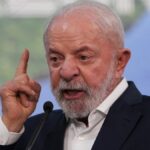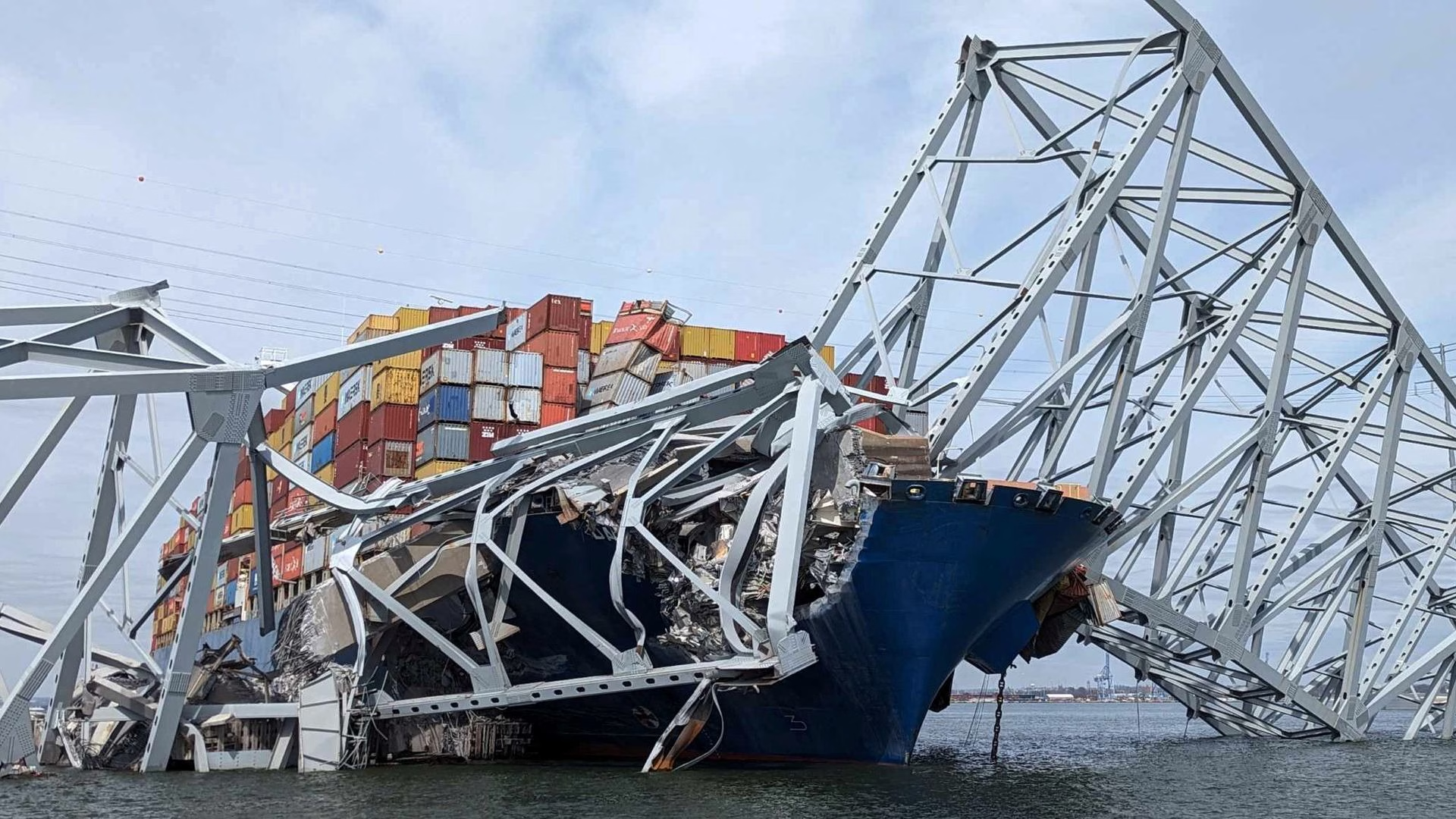
Brazilian President Luiz Inacio Lula da Silva has pushed for a show of unity at the COP30 summit, where the absence of the United States has underscored the need for greater cooperation to tackle the climate crisis.
Lula and United Nations Secretary-General Antonio Guterres met with key figures at the climate summit in Belem, Brazil, on Wednesday, seeking a deal that would bridge contentious issues.
- list 1 of 3Thousands march for climate action outside COP30 summit in Brazil
- list 2 of 3Indigenous activists storm COP30 climate summit in Brazil, demanding action
- list 3 of 3World’s ‘fossil fuel obsession’ threatens billions of lives: Amnesty
end of list
“We need to show society that we want this without imposing anything on anyone, without setting deadlines for each country to decide what it can do within its own time, within its own possibilities,” Lula told reporters, saying countries must find a shared “roadmap” on climate action.
But the Brazilian leader, who has positioned himself as a chief advocate of both climate action and greater collaboration between non-Western countries, has struggled to bridge divides on issues such as fossil fuel use and climate finance.
Scientists have warned that a failure to quickly transition away from the use of fossil fuels could bring disastrous changes to the planet’s ecosystem and result in dangerous increases in extreme weather across the globe with poor countries more vulnerable to severe impacts.
“A road map is not a workshop or a ministerial meeting. A road map is a real workplan that needs to show us the way from where we are to where we need to be, and how to get there,” a letter from seven prominent scientists, including some who are advising the COP30 presidency, stated.
While the US decision not to attend the climate summit has loomed large, other influential countries have also been hesitant to commit to ambitious goals.
Some countries, such as India, have criticised the lack of action by rich countries, which are responsible for a large majority of cumulative emissions and have been the subject of calls by poor countries to lower barriers to advancements in renewable technology.
Advertisement
“Climate change is no longer a distant manifestation but is real and imminent,” Indian Environmental Minister Bhupender Yadav said in remarks to the conference on Monday. Yadav has suggested that India could submit a climate plan in December rather than the self-imposed deadline of the end of the conference.
British Caribbean News


